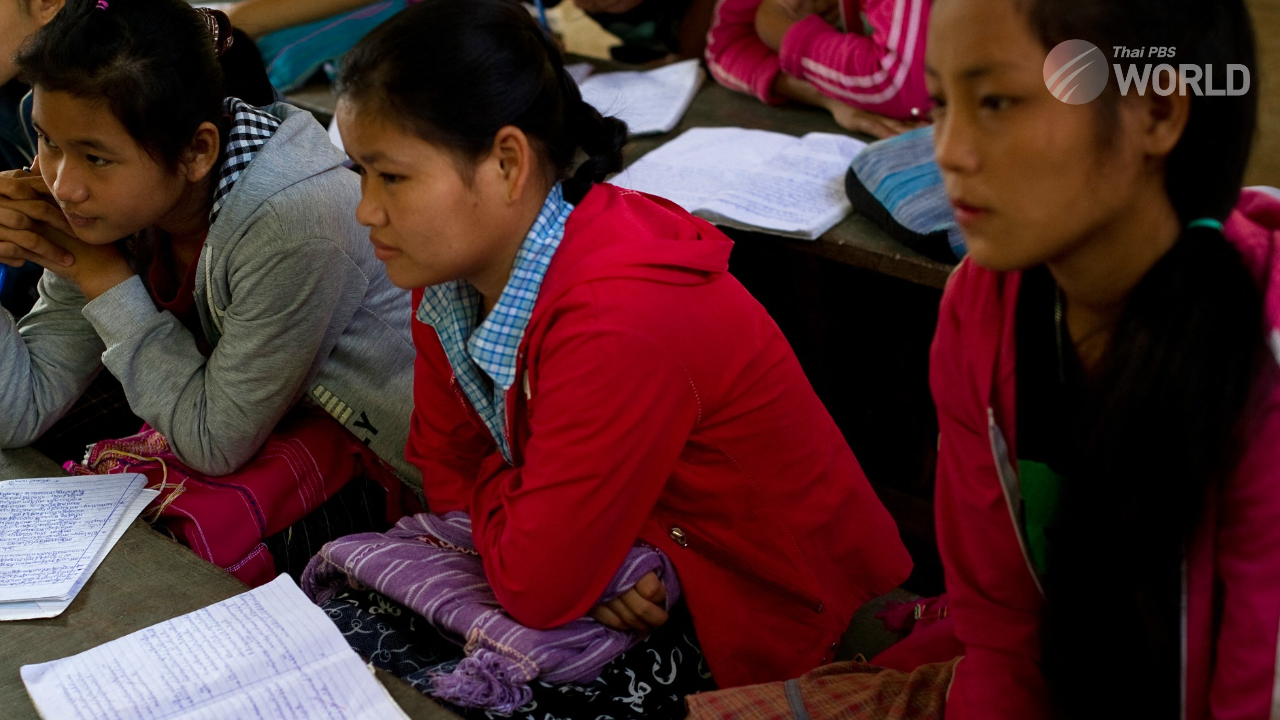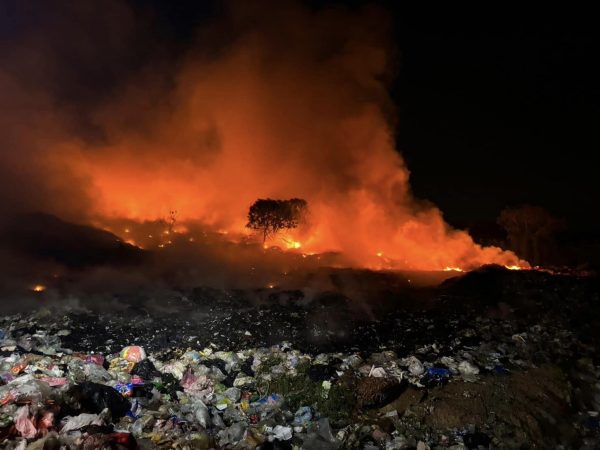Global gender gap index reports rise in Thailand’s educational attainment

Thailand has significantly improved on gender parity in the category of educational attainment, ranked 61st, up from 92nd last year, as reported in Global Gender Gap Report 2023. With this improvement, the country’s overall position is now 74th.
The Global Gender Gap Index, by the World Economic Forum, annually evaluates the current state and benchmarks of evolution in gender parity across four key areas, economic participation and opportunity, educational attainment, health and survival and political empowerment, with long-term tracking of countries’ efforts towards closing gender gaps over time since 2006.
In this latest edition, assessment of 146 economies indicates that no one fully achieved gender parity. The overall scores globally, however, rose to 68.4% from 68.1% compared to last year. Despite of the improvement in global scores, the overall rate of change is slowing down.
East Asia and the Pacific has the second-lowest score at 95.5% in educational attainment. Thailand and Cambodia, however, are the only two countries in the region which gained 1 percentage-point in this category. Thailand also improved parity in secondary education enrollment, whereas Cambodia saw a greater increase in the literacy rate and enrollment in primary and tertiary education. On the other hand, China, Laos and Indonesia had the lowest score in this region.
Although the overall scores for East Asia and the Pacific declined and the progress towards parity is stagnating, there are countries in other regions which have narrowed the gender gap by at least 80%.
The top 9 countries, Iceland, Norway, Finland, New Zealand, Sweden, Germany, Nicaragua, Namibia and Lithuania, have closed at least 80% of their gaps. For 14 years, Iceland has remained in the top position, as their gender gap has closed by 91.2%. The other global top four are Norway (87.9%), Finland (86.3%), Sweden (81.5%) and New Zealand (85.6%).
The report also shows that, at the current rate of global progress, it will take 131 years to close the gender gap. When compared to last year, progress towards narrowing the gap has been more widespread, with tangible improvement seen in 42 of the 145 economies analysed, with their gender parity score rising by at least 1% since the last report.
By Warissara Sae-han






